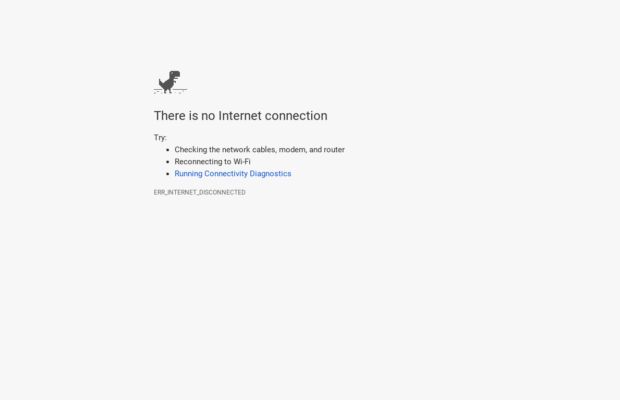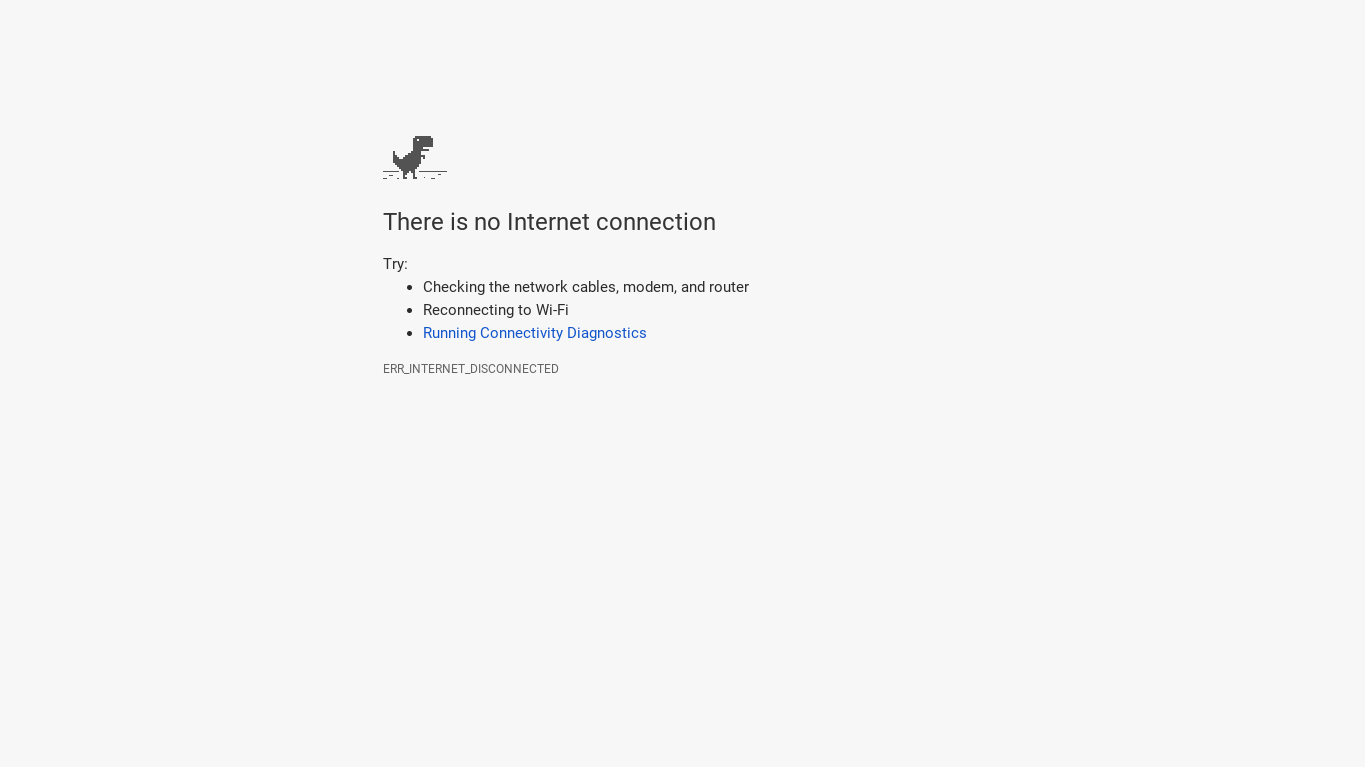On December 14, 2017, the Federal Communications Commission (FCC) casted a vote to repeal Title II regulations, an act put in effect by the Obama Administration in 2015, effectively ending net neutrality.
For those of you that are unaware, net neutrality, according to Wikipedia, is the principle that internet service providers must treat all data on the internet the same, and not discriminate or charge differently by user, content, website, platform, application, type of attached equipment, or method of communication.
In a nutshell, it’s a law that allows consumers to access the internet without limits. They can go on the internet without having internet providers limit what they can access. Without these regulations in place, it essentially turns the internet into cable TV.
“But how did these regulations come into play?” you may ask.
Since the beginning of the internet, there has been constant debate as to whether net neutrality should be upheld by the government. Although a similar policy was issued in 2010, it wasn’t necessarily enforced by the government. Following a lawsuit between Verizon and the FCC in 2014, the Commission received 3.7 million comments to reclassify the internet as a telecommunications service, allowing the FCC to uphold net neutrality.
In 2015, the FCC, under the direction of the Obama Administration, issued the Open Internet Order, reclassifying internet access as a public utility rather than a luxury. Along with this order came the Title II regulations, which enforced net neutrality. The rules went into effect in June of 2015
After the Trump Administration took office in January of 2017, Ajit Pai was appointed FCC commissioner. Three months later, in April of 2017, Pai released a proposal suggesting that the internet be reclassified as an information service and called for a decrease of legal regulations on internet service providers. In response to this proposal, net neutrality supporters have argued that Pai intends to dismantle the internet’s role in economic growth, innovation, civic empowerment, and free speech.
In November of 2017, Pai released plans to repeal the United States’ policy on net neutrality. Shortly after, the FCC received some 22 million comments from the public pleading for them to reconsider their decision, but shortly after it was discovered that a large chunk of them were fake entries. Pioneers of the internet wrote an open letter to the US Senate and House of Representatives asking that they urge the FCC to cancel it’s vote.
While the vote may seem final, this doesn’t instantly go into effect. It would take a matter of months for this to take effect. That is, assuming that nobody takes action against the FCC. Since the vote, senators have banded together to sign a bill to overrule the FCC’s vote, and multiple states have stated to adopt their own net neutrality laws to prevent blocking and slowdowns. This may not be the end after all.




















